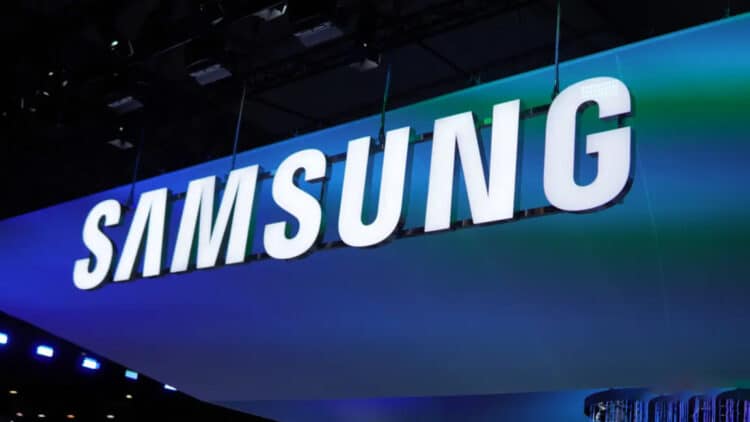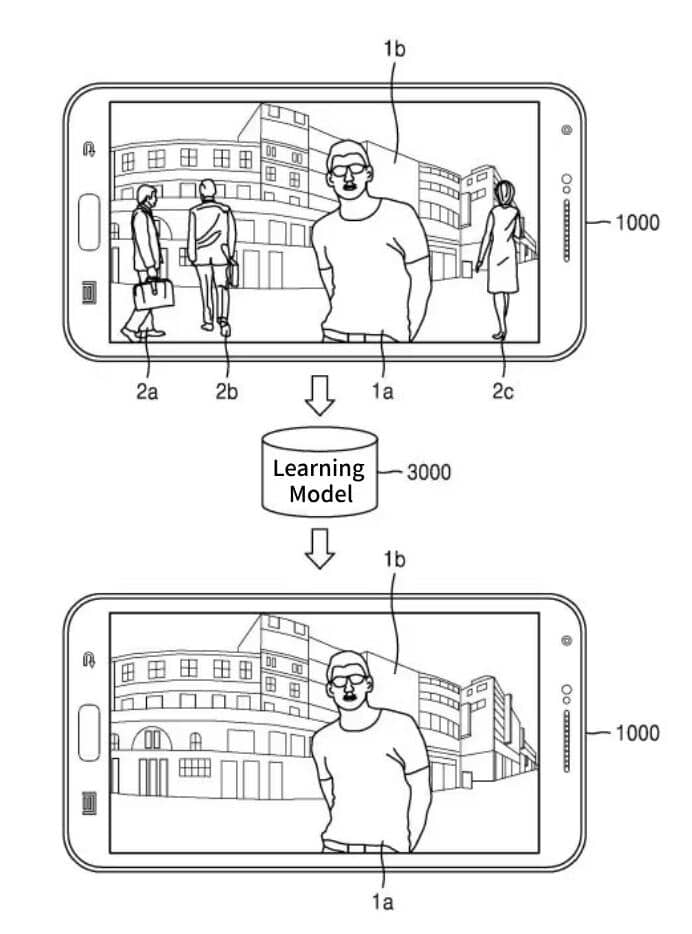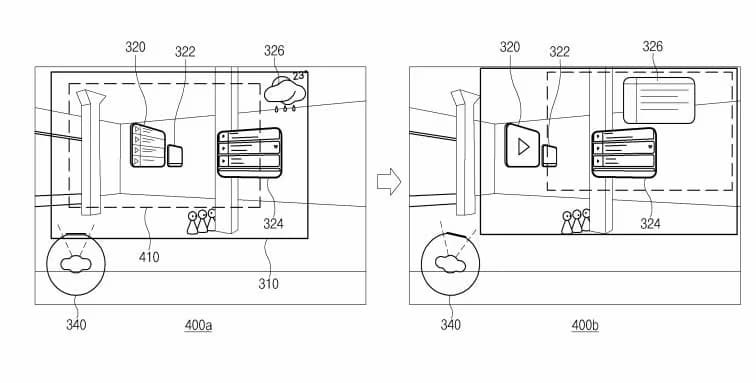Samsung has just announced a series of outstanding technological innovations, marking a major step forward in applying artificial intelligence (AI) to smartphones, augmented reality (AR) glasses, and smart rings. These innovations not only enhance the user experience but also show Samsung's ambition to redefine smart devices ahead of the launch of the Galaxy S25 series on January 22, 2025.

According to the Korea Intellectual Property Rights Information Service (KIPRIS), Samsung has filed a new patent related to the feature of removing unwanted objects from photos using AI. With this technology, users can select and remove unsightly elements, such as passersby, while still naturally retaining the original background of the photo. This technology also allows the background to be expanded to create a seamless image as if there was no intervention at all.
Samsung is also stepping up its research in the field of AR glasses, with a patent revealed last month. This technology integrates an eye tracking sensor, allowing the application interface to automatically position itself according to the user's gaze on the glasses screen. In addition, a built-in virtual compass feature enhances the navigation experience in the AR environment, providing a new approach to interacting with the device.

Notably, Samsung has announced a patent for a smart ring that can flexibly adjust its size. The new technology uses an elastic material inside so that the ring can expand or shrink according to the user's finger, far surpassing the fixed design of the current Galaxy Ring with 10 individual sizes.

At the upcoming Unpacked event, in addition to the Galaxy S25 series, Samsung may also launch new devices in the AR glasses and smart rings category at this event. The Galaxy S25 is expected to integrate a Snapdragon processor from Qualcomm and an upgraded version of the Bixby virtual assistant, allowing for maximum use of advanced AI capabilities.
The launch event could also see the debut of Samsung’s new extended reality (XR) glasses, codenamed “Project Moohan.” The result of a collaboration between Samsung, Google, and Qualcomm, is expected to integrate the Google Gemini AI chatbot and a high-performance Qualcomm chipset. In addition, the Galaxy Ring 2 with its streamlined design, longer battery life, and feature upgrades is also attracting a lot of attention.
These improvements are Samsung’s efforts to regain momentum in its Mobile eXperience (MX) division after a disappointing year. In the third quarter of this year, the division reported a 14.5% year-on-year drop in profits, mainly due to lower-than-expected sales of the Galaxy Z Fold and Flip 6 series.
 SamFw
SamFw

